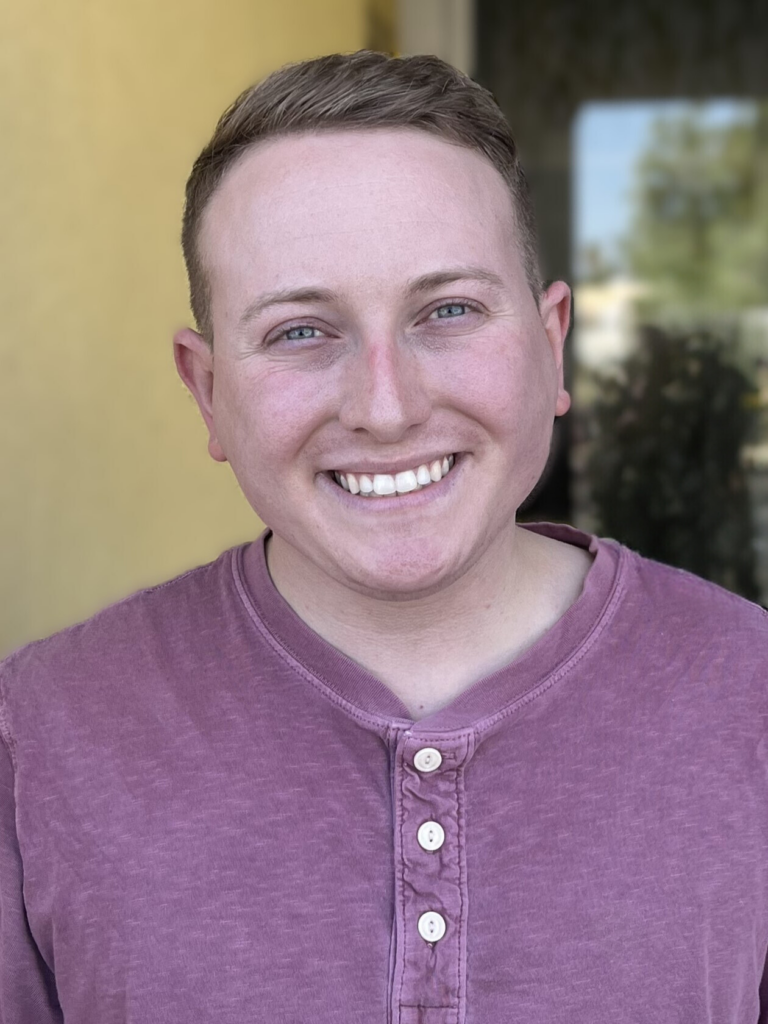
DEAR ASK A THERAPIST: I have recently connected with three half-sisters through a DNA test. Two of them are aware that we are donor conceived. The third has said that her social father is our donor, but the DNA doesn’t support that. Through another DNA test and building a family tree, I have been able to determine who our donor is, and it is definitely not the father of the third half-sister. I have shared these findings with the first two half-sisters, and they are understanding and accepting of this information. We are all struggling with approaching the third half-sister. Should we tell her about this, and how should we go about it? I want to get to know her, but I don’t want to pretend that I believe her father is my donor. — Donor Conceived Person
DEAR DONOR CONCEIVED PERSON:
On a local Top 40 radio station I listen to on my way to work, they recently posed the question: “If you find out a friend is being cheated on, do you tell them?” You pose a similar dilemma.
In an ideal world, if the opportunity presented itself, you would discuss it with the parents who raised your half-sister so they could broach the subject directly with their daughter. While it is possible they have been dishonest with your half-sister, there is also the possibility that one or both parents are not aware that the father who raised her is not her biological dad. This could be new information for nearly everyone involved and is best addressed by them for the sake of their trust and relationship.
The rest of my thoughts are based on the assumption that you do not have direct contact with your half-sister’s childhood caregivers.
It can be hard, as someone who is just getting to know their biological half-sibling, to determine role clarity. Are you in this position of withholding/sharing information as a sister? A friend? A stranger with a shared interest? Depending on your comfort level, it may be worth being extremely direct: “Hey [half-sister’s name], I’ve been taking a close look at our DNA family tree, and I’m noticing that the person coming up as our biological father is not the person you have been mentioning. Would you be open to exploring this further?”
After posing this question, try to remain curious (but not assumptive) about your half-sister’s response. Resist the urge to fill any silence, and let your half-sister process. If she expresses willingness to explore this further but does not know where to start, you could ask, “Do you think your dad would be open to a DNA test to try to get some clarity on this?” or “Would you be comfortable approaching your parents about this outright?” If the answer is “yes,” offer your support in preparing for and processing these conversations.
All of this said, especially once you have shared this information, regardless of her response and whether the information is accepted as truth, there is only so much you can do as a new person in your half-sister’s life who was not a part of her conception. To be clear, you should never have been put in this position.
I encourage you to focus on “protecting your peace” and processing this journey of discovering identities of biological family members with your own supports. You are always welcome to reach out to us at USDCC. For support outside of your sibling pod, you might consider connecting to groups like We Are Donor Conceived (which has a website and a Facebook group) and Donor Conceived Community–resources that are available to your half-siblings as well.
Sending warmth as you navigate this difficult dynamic, and please do not hesitate to reach back out if you need.

Holden Bender-Bernstein, MA, MSW, (he/him/his), is a donor conceived social worker and educator based in Los Angeles, currently serving as an in-shelter Mental Health Specialist working with people experiencing homelessness. Holden grew up with two moms and met his ID-release donor just before turning 18. They maintain an ongoing, positive relationship and friendship. Holden is in contact with most members of his a twenty-some-odd sibling pod. He is a strong believer in restorative justice-centered work and trauma-informed practice, and he hopes to bring this lens to help DCP and their families approach tough conversations, and to advocate for the rights of DCP.
Do you have a question for Ask a Therapist? Anonymously submit your question here. Questions may be edited for length and clarity prior to publication.
Top Image by Lukas Blazek via Unsplash
